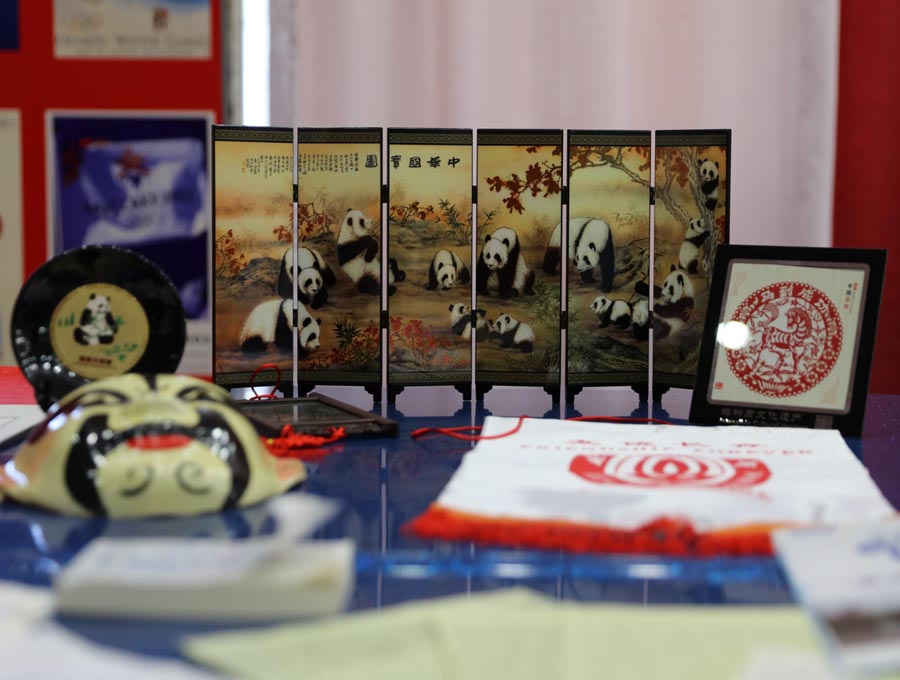 |
|
The Ocean All-Russia Children's Care Center in the Russian Far Eastern port city of Vladivostok. [Photo provided to China Daily] |
"We hope the Sochi government and China Foundation for Disabled Persons can establish a more stable long-term partnership, and we will continue to provide the necessary assistance and support," Pakhomov said.
Jia Meixiang, head physician of pediatrics at Peking University Sixth Hospital and an expert on autism who followed the team to Russia both last year and this year, said that going by observations and reports over the past six months, the children who took part in the dolphin-assisted therapy last year have had improvement in their condition.
"From what I have heard from all eight families who went to Russia last year, their children made progress in social communication. For example, previously some children not only did not like animals, but would not even look at animals in front of them. But after taking the dolphin therapy that has changed, and they are even interacting with pets. In addition, some children have transferred their attention from animals to people, starting to talk with their parents.
"Nevertheless, as a new treatment for autism dolphin-assisted therapy is not 100 percent sure to be affective for all autistic children. As experts continue to investigate the pathological causes of autism, what we can do is to use the therapy to create intervention training."
The China Foundation for Disabled Persons Autism Child Rehabilitation Center was opened in May last year in Haikou, Hainan province.
Jia said the new rehabilitation center will service more Chinese autistic children, and may signal the start of more collaboration between China and Russia in the field.